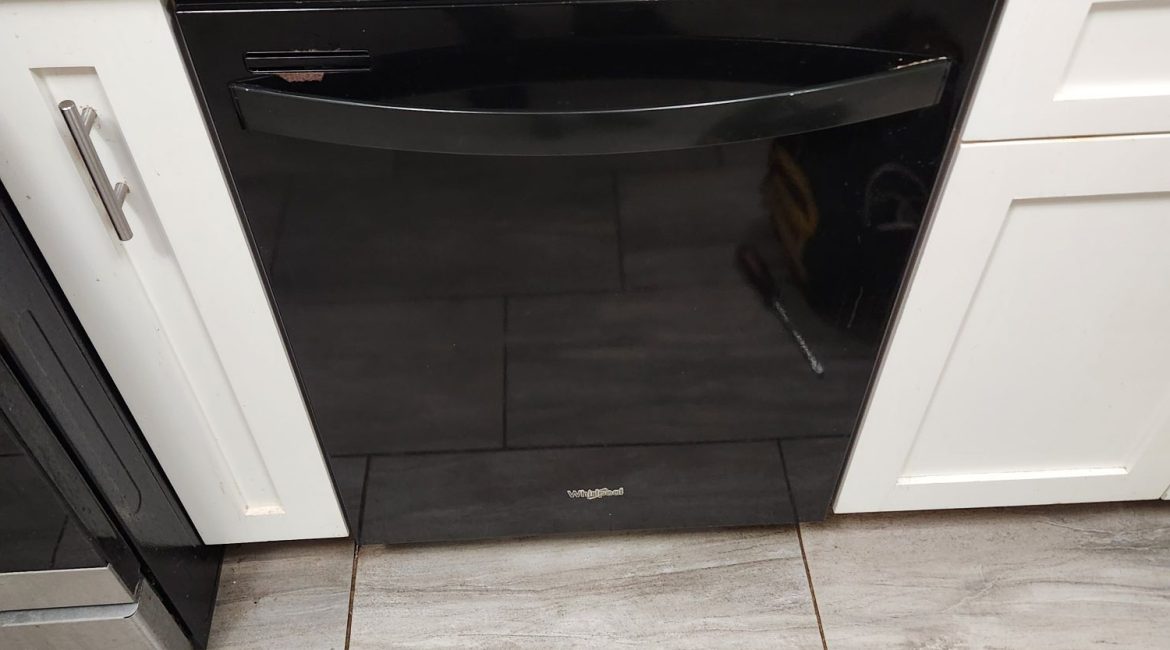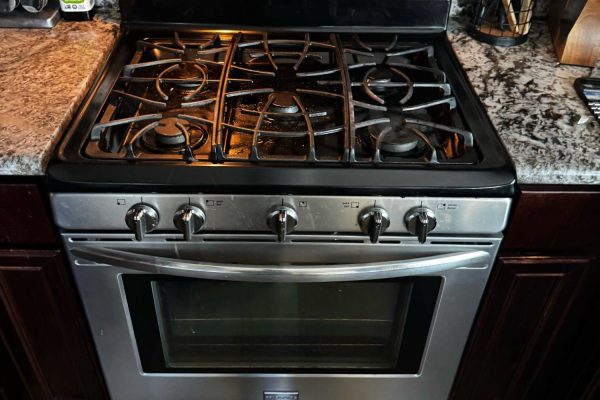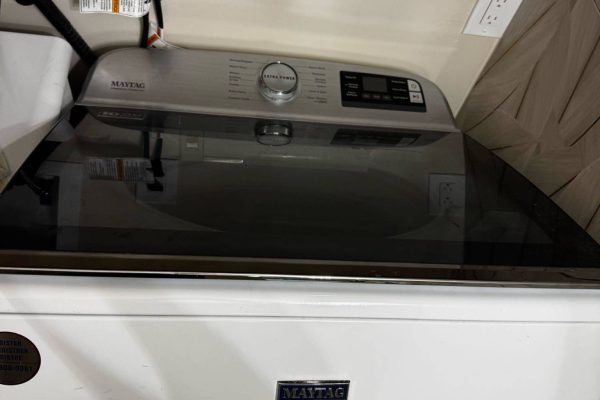A dishwasher is one of the most time-saving appliances in modern kitchens. However, it can be frustrating when your dishwasher fails to rinse off dirt, leaving you with grimy dishes instead of sparkling clean ones. Let’s explore the common reasons behind this problem and how to address them effectively.
⠀
- Blocked Spray Arms
The spray arms in a dishwasher are responsible for spraying water onto the dishes. If these arms become clogged with food particles, limescale, or grease, they won’t function effectively.
⠀
Solution:
Remove the spray arms and clean them thoroughly. Use a toothpick or a soft brush to dislodge debris from the nozzles. Regular cleaning can prevent buildup and ensure smooth operation.
⠀
- Clogged Filters
Dishwasher filters catch food debris to prevent it from recirculating onto your dishes. Over time, these filters can get clogged, reducing the appliance’s cleaning efficiency.
⠀
Solution:
Remove the filter from the bottom of the dishwasher and wash it with warm, soapy water. Clean the surrounding area to ensure proper drainage and filtration.
⠀
- Detergent Issues
Using the wrong type of detergent or too little can result in dishes that are not thoroughly cleaned. Hard water can also interfere with detergent performance, leaving a residue on dishes.
⠀
Solution:
Use high-quality dishwasher detergent suitable for your water type. For hard water, consider adding a rinse aid or a water softener. Ensure you’re using the correct amount of detergent as per the manufacturer’s instructions.
⠀
- Improper Loading
Overloading the dishwasher or placing items incorrectly can block water flow and prevent effective cleaning. Large or improperly placed items can obstruct spray arms and water jets.
⠀
Solution:
Follow your dishwasher’s loading guidelines. Place large items on the sides or the bottom rack, and avoid stacking dishes too tightly. Ensure spray arms have enough room to rotate freely.
⠀
- Low Water Temperature
Dishwashers require hot water, usually around 120°F to 150°F, to effectively dissolve detergent and remove grease. If your water heater isn’t set correctly, it can compromise the dishwasher’s performance.
⠀
Solution:
Check your water heater’s temperature settings and ensure it’s delivering hot water. Run the kitchen faucet until the water is hot before starting the dishwasher.
Worn Out or Malfunctioning Parts
Components such as the water inlet valve, pump, or motor may wear out over time. A malfunctioning inlet valve can restrict water flow, while a faulty pump or motor can hinder proper circulation.
⠀
Solution:
Inspect these parts for signs of damage. If you’re unsure, it’s best to consult a professional technician for diagnosis and repair.
⠀
Drainage Problems
A clogged or kinked drain hose can prevent water from exiting the dishwasher, leaving dirty water to recirculate.
⠀
Solution:
Inspect the drain hose for blockages or kinks. Clean it out and ensure it’s properly positioned to allow smooth water flow.
⠀
Hard Water Build-Up
Minerals in hard water can build up inside the dishwasher, clogging parts and reducing cleaning efficiency. This buildup can also leave a white residue on dishes.
⠀
Solution:
Run a cleaning cycle with dishwasher-safe descaling agents or white vinegar to remove mineral buildup. Installing a water softener can also help.
⠀
When to Call a Professional
If you’ve tried these solutions and your dishwasher still doesn’t rinse off dirt, it’s time to call an expert. Poway Appliance Repair Service Center has a team of experienced technicians who can quickly diagnose and fix the problem. We ensure your dishwasher returns to its optimal performance, saving you time and effort.
⠀
Don’t Delay Repairs
Ignoring dishwasher issues can lead to more extensive damage and higher repair costs. Regular maintenance and timely repairs are essential to keep your appliance running smoothly. Trust Poway Appliance Repair Service Center for reliable and professional service.
⠀
Call us today or book online to schedule your dishwasher repair!
Contact us


